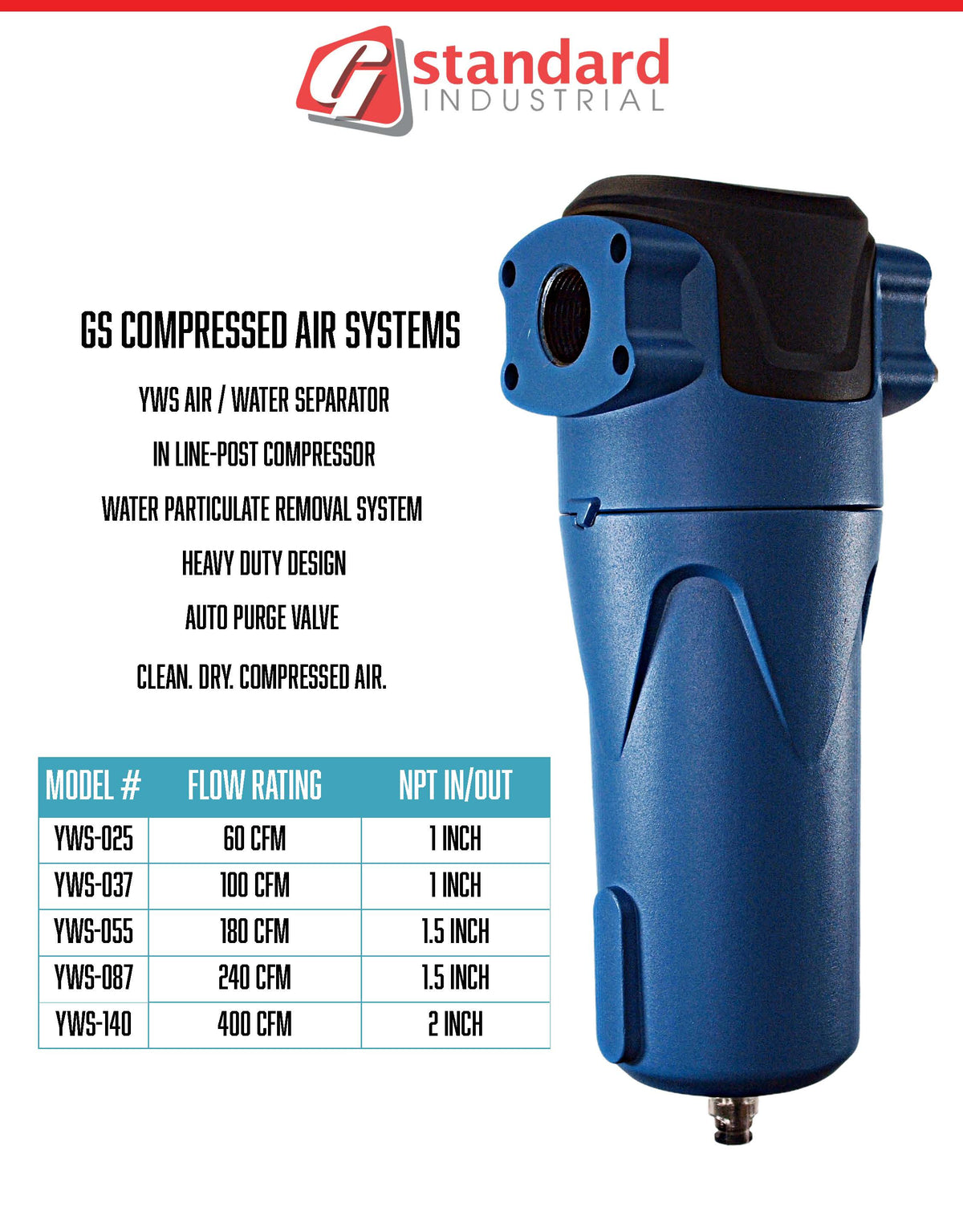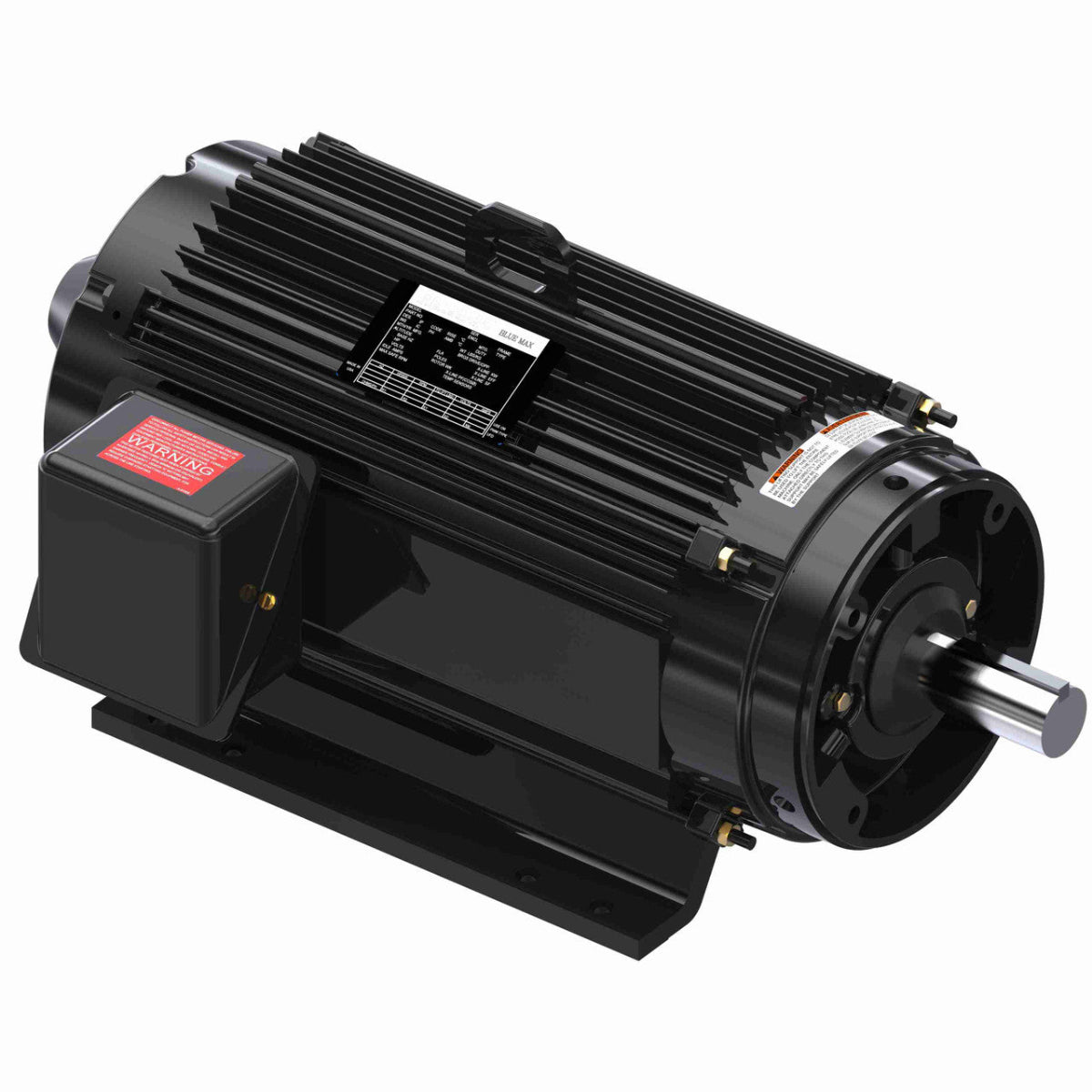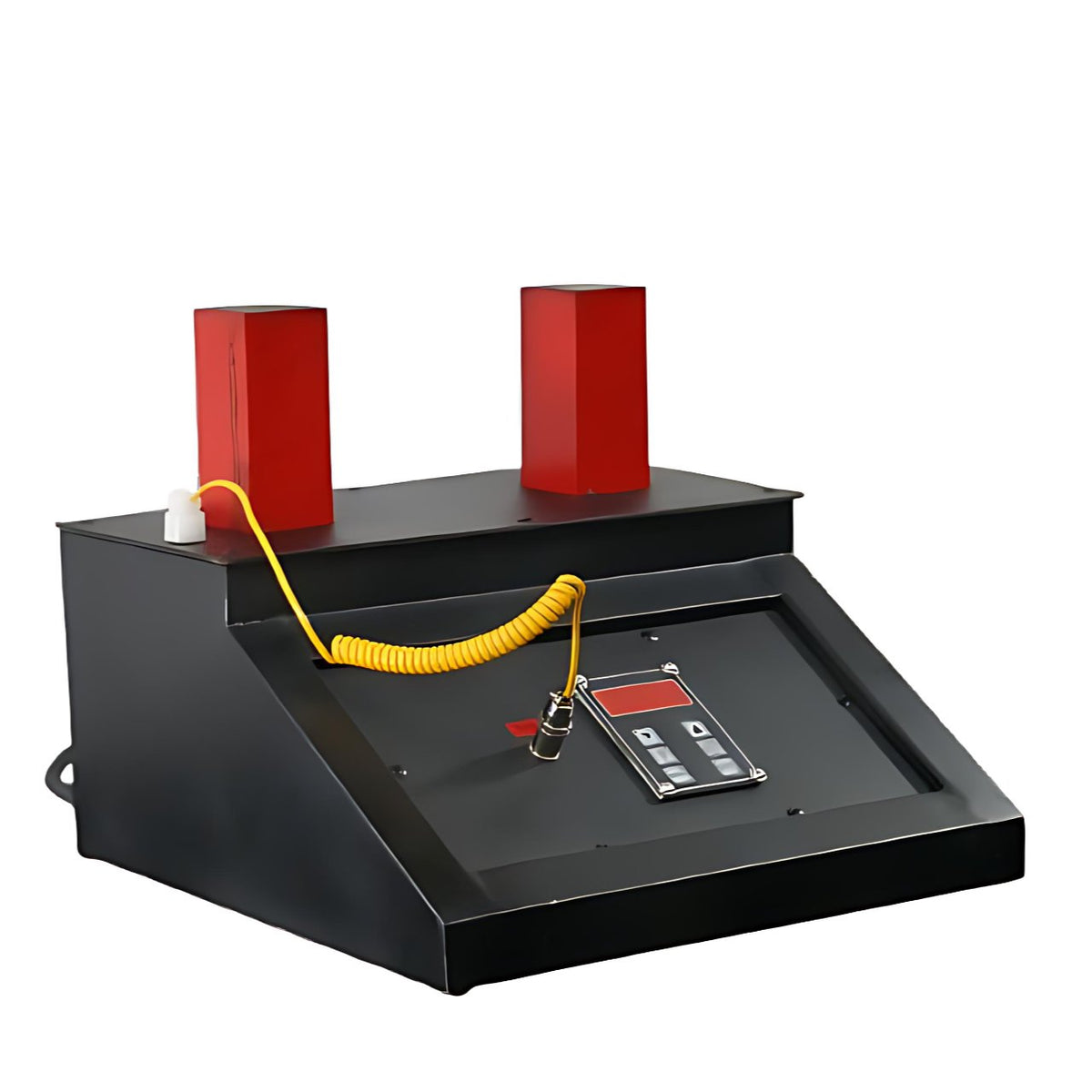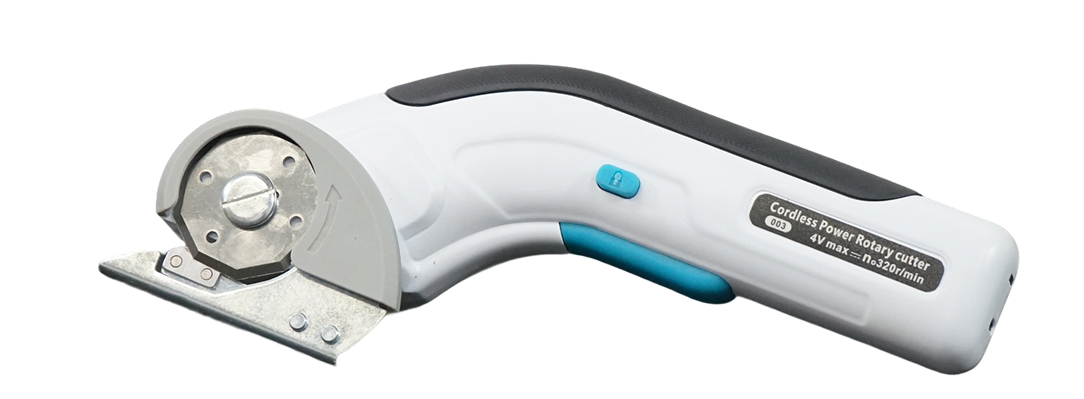When choosing an electric motor, one of the first decisions you’ll face is whether to go with AC or DC. Each type has unique strengths and is better suited for specific applications.
🔌 AC Motors: Versatile & Low Maintenance
AC (Alternating Current) motors are the most commonly used motors in industrial and commercial settings. They run on standard power supplies and are known for:
- Simple design
- Lower cost
- Reliable operation
- Fewer maintenance needs
Best for: HVAC systems, pumps, compressors, fans, conveyors
🔋 DC Motors: High Control & High Torque
DC (Direct Current) motors offer superior control over speed and torque. They're often used in applications that require:
- Variable speed
- High torque at low speeds
- Frequent starts and stops
Best for: Robotics, small tools, battery-powered devices, elevators
⚖️ AC vs. DC — Quick Comparison
| Feature | AC Motor | DC Motor |
|---|---|---|
| Power Source | Alternating Current | Direct Current |
| Maintenance | Low | Higher (brushes, commutators) |
| Speed Control | Limited without VFD | Excellent |
| Cost | Lower | Higher |
| Efficiency | High | Moderate to High |
🧰 Which One Should You Choose?
For fixed-speed, simple applications, AC motors are ideal. If your operation requires speed control, torque precision, or portability, a DC motor may be worth the extra cost.




0 comments